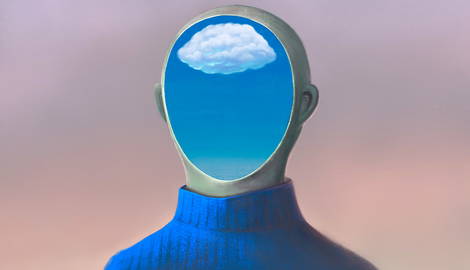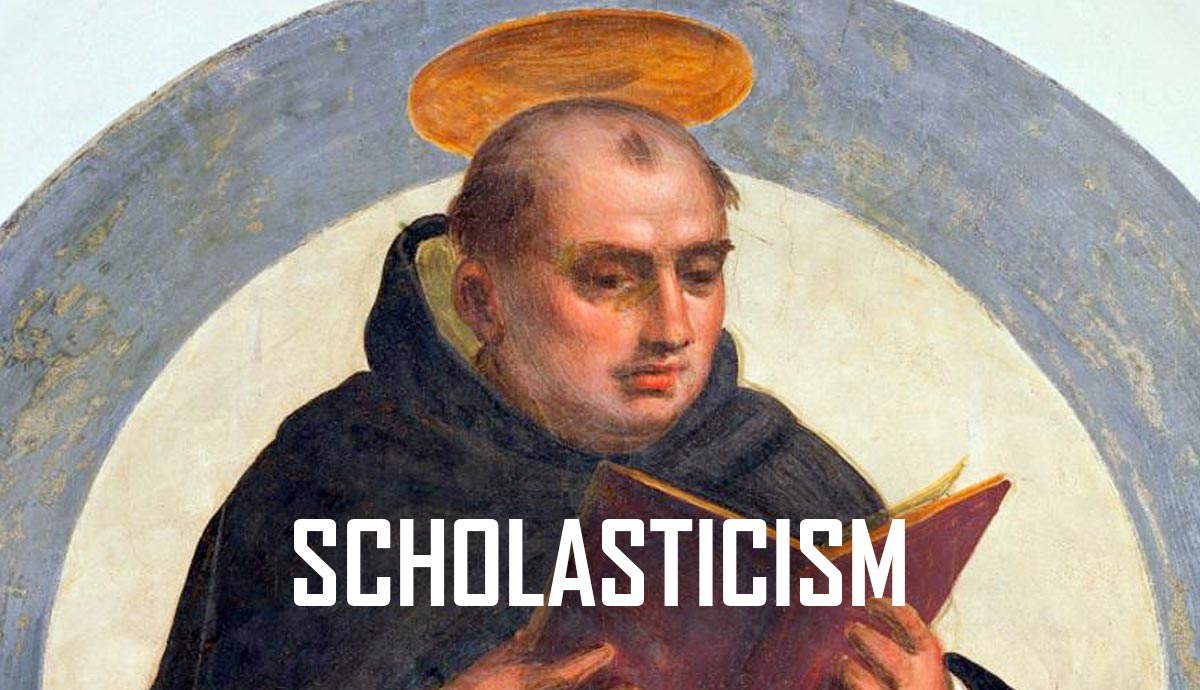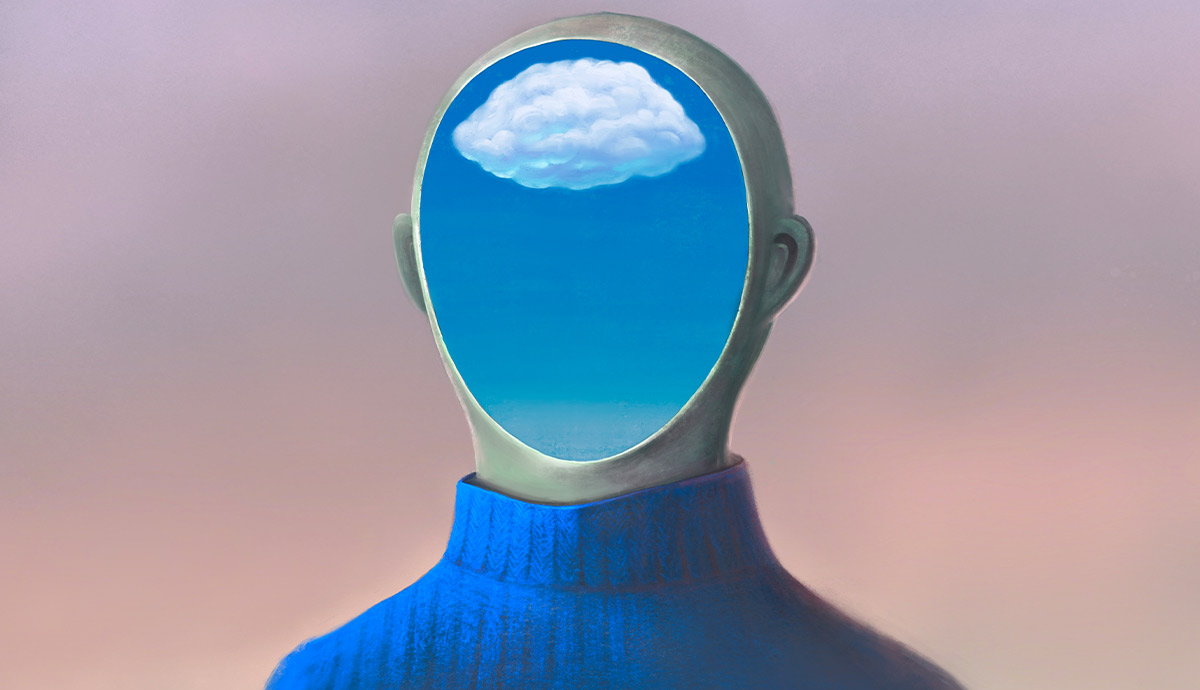
Throughout history, philosophy has influenced our perception of the world. Starting with philosophers such as Socrates and Kant, this discipline has made us question what we believe, challenge things we take for granted, and come up with new ideas. But what can thinkers like the French philosopher Gilles Deleuze teach us in today’s society? Deleuze’s work shows that this subject is more than just abstract concepts (theories that are not practical). It can also help people have better lives by making them think differently about everyday things.
Deleuze’s Conception of Philosophy
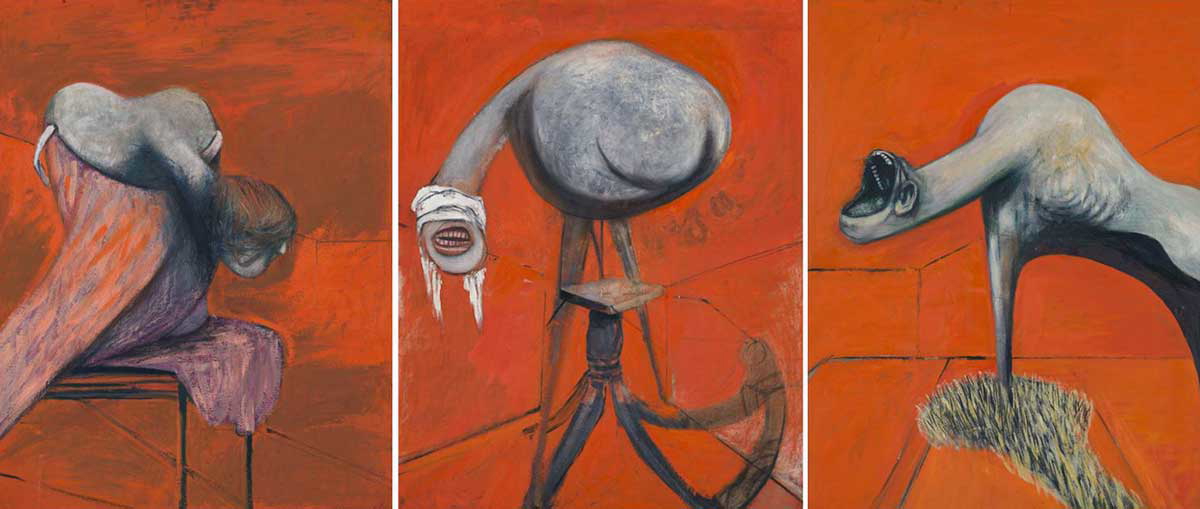
Philosopher Gilles Deleuze believed that philosophy was not solely for solving problems. It was also an activity in which new concepts were created—an art. Picture a toolbox full of useful items. Each idea or “concept-tool” could be picked up and used to help build more things or understand the world better.
One example is his notion of rhizomes: underground stems that spread out roots and shoot in all directions rather than having an “up-down” growth pattern like tree trunks with branches.
If we apply this botanical image to knowledge or culture, it enables us to visualize connections and developments in non-hierarchical (i.e., not ladder-like) ways. Using rhizomes as a metaphor has several advantages over older models (such as systems with centers and peripheries or organic structures with clearly defined parts).
Deleuze thought that philosophy offers novel ways of considering things, encouraging people to go beyond what they already know and to venture into uncharted territory. Each time we do this, we use our creativity, making the subject exciting and ever-changing—it does not provide one correct answer but rather opens up lots of possibilities.
He also explained how philosophy is different from other subjects: science tries to understand how things function; art shows feelings or experiences. Instead, he said, philosophy invents the concepts that we employ in (trying to think about) everything else. It also devises frameworks, such as those of language or causality, that (say) science or history must rely on.
Philosophy as a Creative Force
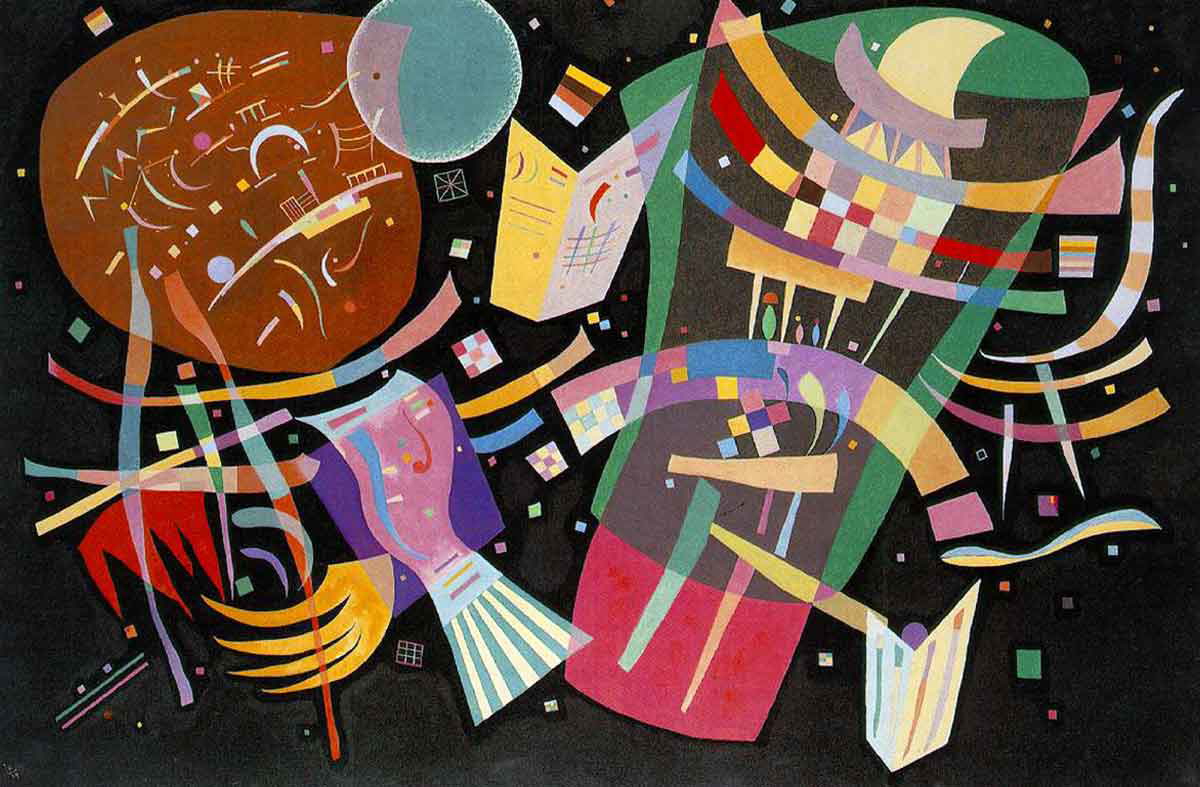
According to Deleuze, philosophy does more than just respond to questions—it is also a creative activity. He thinks of philosophy as a kind of force that is always developing and pushing out beyond what already exists. It is not something static or passive but rather an enterprise that actively creates new possibilities for thought, like when artists bring new forms into existence.
One idea he is particularly well-known for is that far from being fixed things, concepts are continually altering and growing—they have a sort of ongoing life. Just as with any living organism that alters its appearance over time, there is no reason why this or that concept cannot undergo unpredictable transformations.
For Deleuze, one consequence of this view is clear: far from being confined to themselves or operating in isolation, these altered “things” develop further as they come into contact with fresh influences or undergo new experiences.
Consider the notion of “becoming.” This concept goes against what we normally believe about who we are. Rather than thinking of ourselves as always staying the same, Deleuze wants us to see that life means always changing, always becoming something else. If we take this view, it can help free us from our past and open us up to different futures.
To Deleuze, philosophy equals endless creative possibilities. It is not just a question of making sense of things that have already been taught. Philosophy also means coming up with new ways of thinking about stuff—or finding things to think about that nobody has thought of before. And when we do this, it enables a transformation in selfhood and lifestyle.
The Relationship Between Philosophy and Life
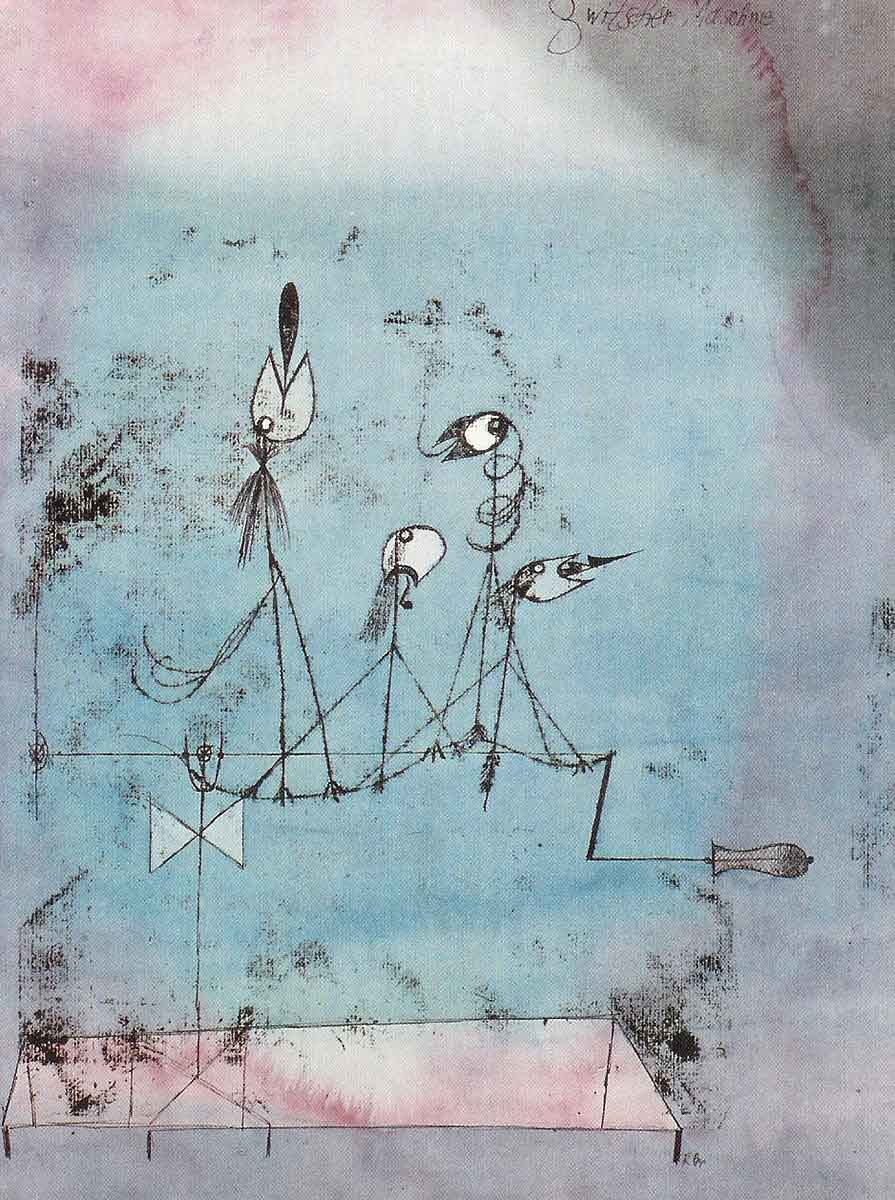
Deleuze saw philosophy as closely connected to life itself rather than as an activity separate from our day-to-day existence. He thought that because it is based on real experiences, which derive from how we inhabit the world and associate with other people, one cannot regard philosophical inquiry solely in abstract terms.
A great deal of this French thinker’s work revolves around this idea: theoretical activities alone do not provide sufficient grounding for philosophy—practice does.
To understand freedom, for instance (one of his main concerns), reading about various theories concerning what the word means is not enough. You must also live as if free whenever possible and see what consequences come from such behavior.
Deleuze believed that philosophy did not just reflect individual experiences. It also helped create them. Think about social movements such as those for civil rights or environmental protection: often, they come from new ways of thinking about justice or sustainability.
Philosophy does not only provide concepts that we can understand the world with. It also gives us new ways to imagine what is possible—including who we are and how we might relate to things around us.
For Deleuze, philosophy is practical because it can change lives. By encouraging people to ask questions (of themselves as much as anything else), reflect on their values, and think carefully about the world.
Deleuze and the Concept of “Difference”

At Deleuze’s philosophy core lies the concept of difference. It surpasses a mere idea; it is vital to life itself. He refused to accept traditional theories based on sameness and identity. Instead, Deleuze thought truth is found in difference, in flux, in what is always becoming.
Think for a moment how often we try to give fixed definitions to things—including ourselves. We label people when we say they are a “friend,” “parent,” or “teacher.”
But these thoughts would limit us, Deleuze might say. Rather than seeing oneself as something static (unchanging), it might be better to think of oneself as always “becoming”: something that never stops changing.
Looking at things this way could help people do or be more than they thought possible because it shows that nothing has to stay the same (including themselves).
The concept of difference is central to Deleuze’s overall philosophy, which urges people to consider beyond existing ideas and seek new perspectives. Rather than look for things that are always true, Deleuze wants us to see the world in all its variety—and accept that this can never be fully explained.
This view enables an outlook in which change is normal and welcome rather than frightening. It also allows for the emergence of fresh thoughts and options. Difference isn’t just something he talks about; for Deleuze, it’s a way of living.
The Role of the Philosopher
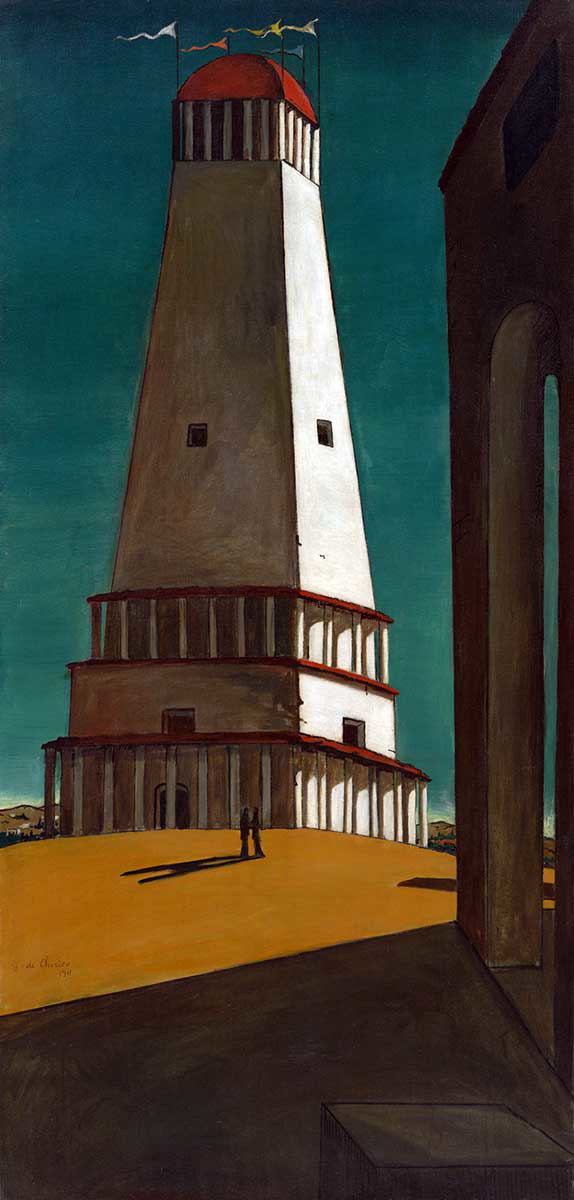
Deleuze believed that philosophers do more than just discuss ideas—they create concepts. Like artists or inventors, these thinkers come up with new ways of thinking about things that challenge conventional wisdom. Instead of following established ideas, they do something different: they move into unknown territory.
Another thing Deleuze said distinguished philosophers from people in other fields—for example, scientists. Those professionals study the world around us (or outer space) and make theories to explain it; they also make predictions that can be tested. But when asking questions about why we think things (not how they work), there is an important difference.
To give an example, if you ask a scientist what laws there are for gravity, she will be able to tell you very quickly. But if somebody like the French philosopher wanted to go further and ask: “How do our notions concerning gravitational forces affect the way we understand the universe?”
Challenging norms is another important thing that philosophers do in society. Again, one example is freedom. Whether people are really free and what it means to be free are things philosophers often talk about. They also say there might be better ways to think about everyone’s rights.
When thinkers like these push at the edges of what we all believe or question things everyone takes for granted, they help create new ideas that can change how people live together or understand themselves—both as individuals and as part of a group.
To Deleuze, philosophers don’t just ask big questions; they make us rethink the whole world (or even worlds). The French thinker believed these intellectual revolutionaries didn’t only shape what future academics would say or think—they also influenced coming societies in major (often unanticipated) ways.
Philosophy’s Political Implications
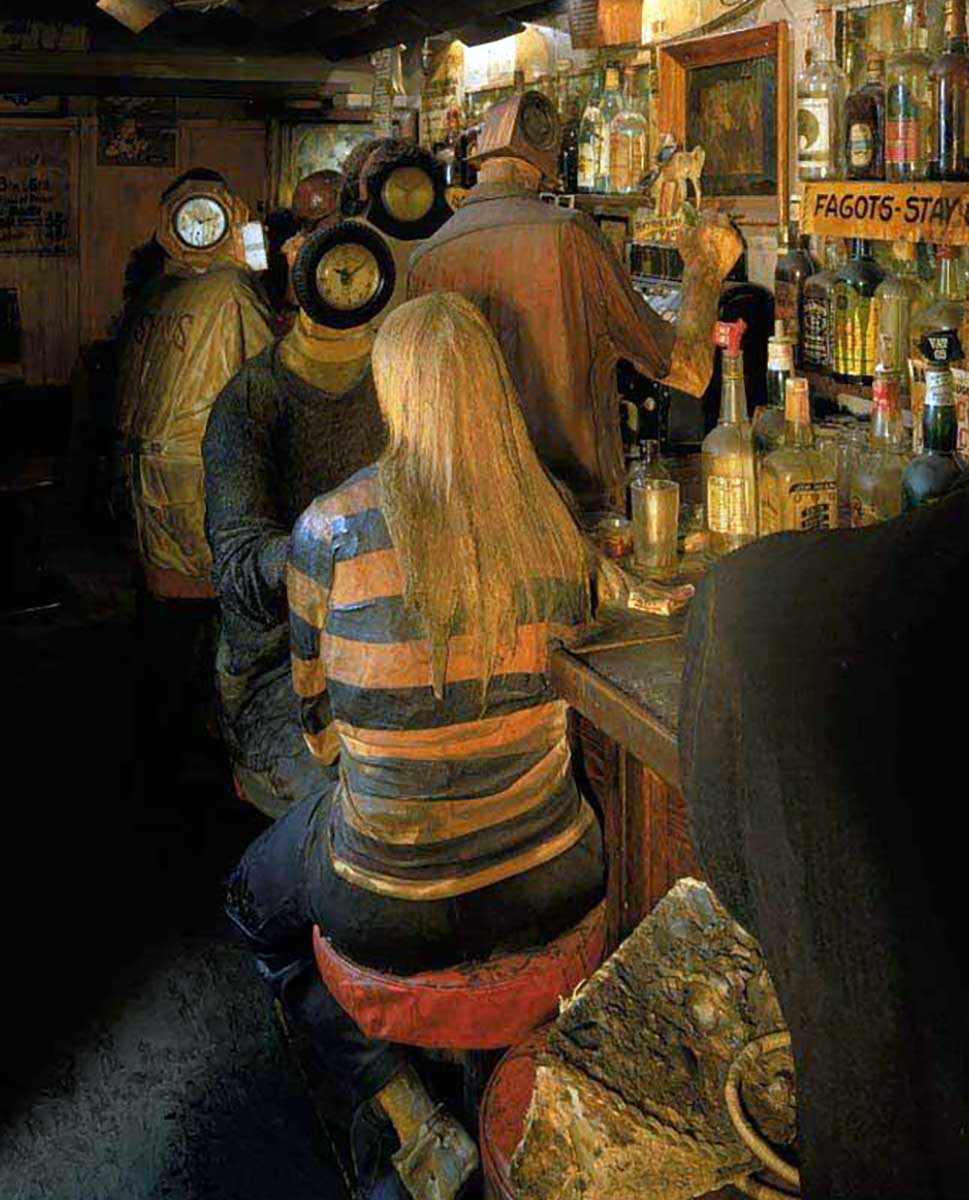
Gilles Deleuze viewed philosophy as a potent instrument for politics and social change. He was of the opinion that society can be altered through ideas that challenge prevailing power dynamics. To Deleuze, doing philosophy is not simply engaging in idle thought—it is about changing the world.
One method by which Deleuze links philosophy with politics is via the concept of deterritorialization—a term describing breaking free from customary norms and boundaries. Think about knocking down old regulations to enable new things to happen, just as making a city’s layout more inclusive and dynamic involves getting rid of existing rules.
When philosophy undertakes this process, it unsettles traditional power arrangements and creates openings for different forms of life.
Deleuze underscored philosophy’s capacity to emancipate both thinking and action. For Deleuze, it wasn’t just about understanding the world; it was about changing it.
One example he gave concerns how his notions regarding “assemblages” (ways different things come together) might assist people working towards social justice.
If activists grasp better how disparate elements can combine forces to produce alterations in society, then they may be able not only to make more of these connections but also strengthen the causes that link them.
Philosophy, Deleuze maintained, has a lot of power when it comes to altering the way we live. Simply raising ideas can have immense effects—as can acting on them.
When we see this, connections between what we think and what we do start coming into focus. Once they become clearer, our lives (both individual and collective) begin changing in all sorts of ways.
So, What Is Philosophy for Deleuze?
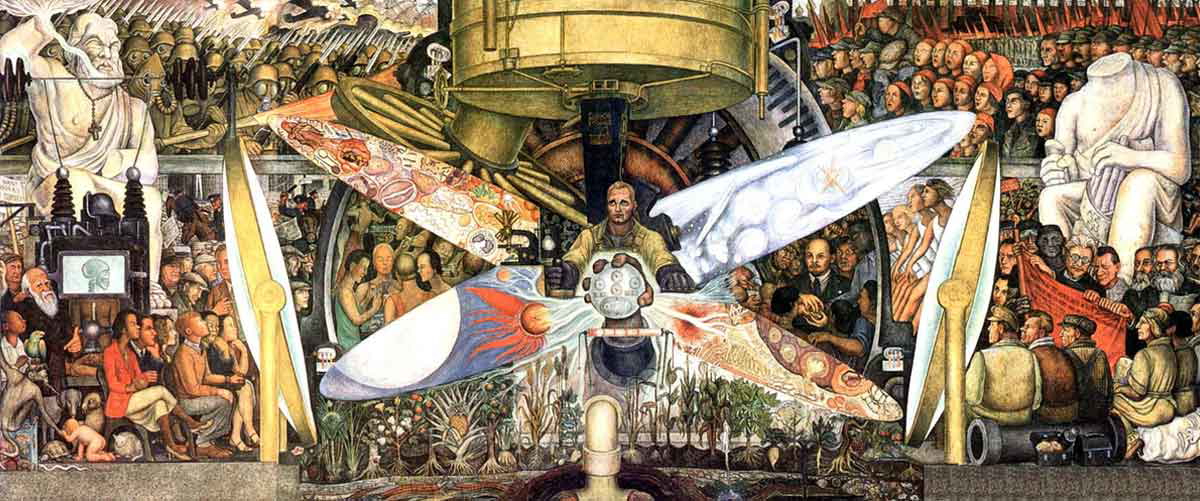
In summary, Deleuze thought of philosophy as an active force that is not just abstract but creates new ways of thinking and living—like art or invention. Philosophers don’t make up concepts for their own sake. They want their thoughts to change things and to have an impact on the world.
Different Deleuzian ideas do not stay the same over time. Rather, they develop continually. This is important because when we take on board such concepts, they help shape how we see ourselves and our world. They make us more flexible beings. As such, its influence can be felt in many areas—from personal relations to political strategies.
Far from being an armchair pursuit for him, philosophy is something that affects everybody’s actions, feelings, and beliefs; it drives them to be more creative and free.
